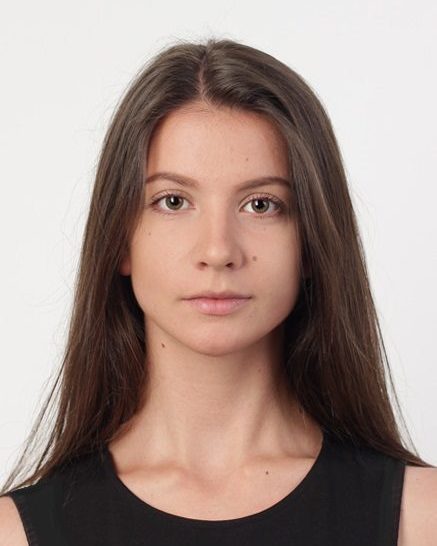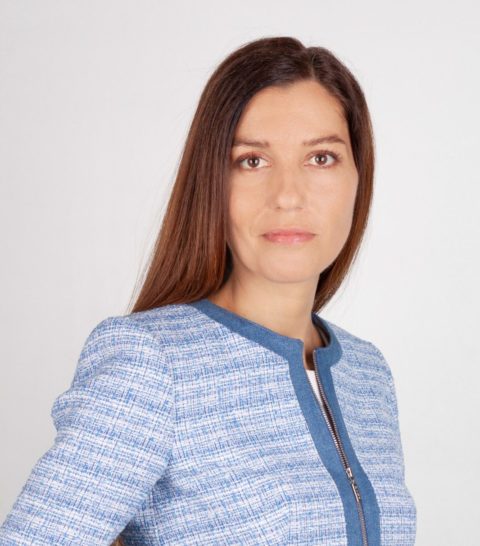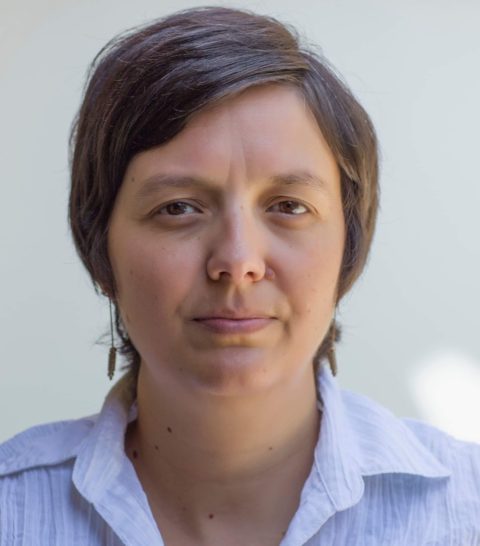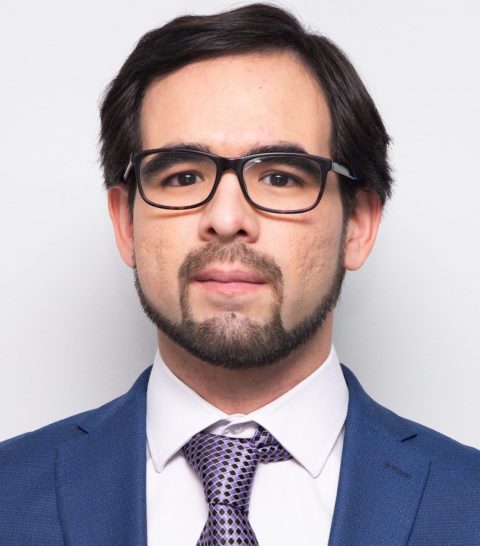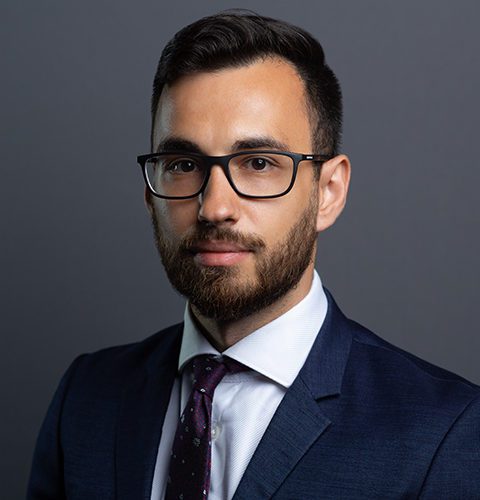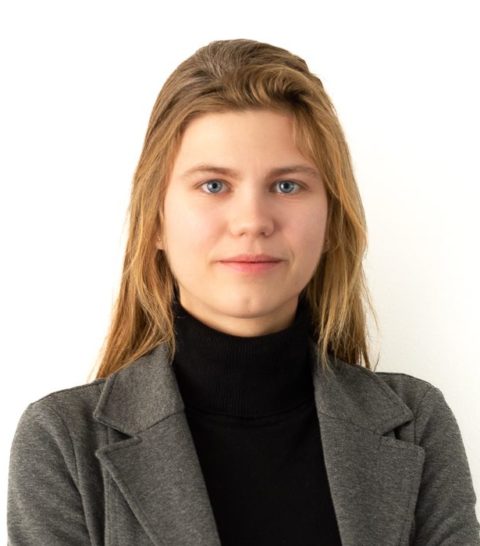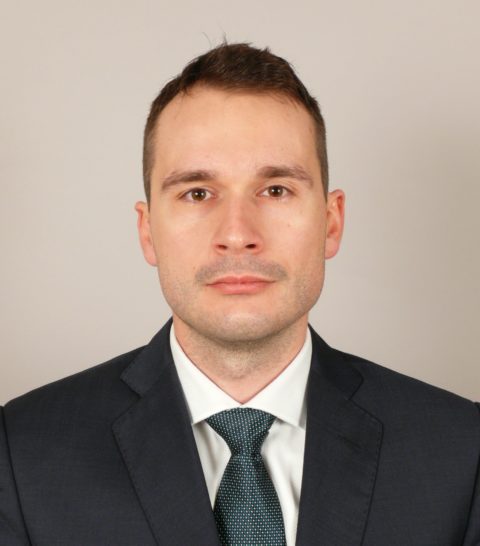Bulgarians get more access to live and work in Switzerland
18 December 2020Private Clients, Citizenship and Immigration, Citizenship by Investment
EU citizens do not require visas or permits to live and work in Switzerland. The 1999 Agreement on the Free Movement of Persons (AFMP) between the EU and Switzerland secures the free movement of “economically active persons” such as employed and self-employed persons and of “economically inactive persons” such as students, investors, retirees etc.
After the AFMP, access to the Swiss labour market was opened in stages involving quotas. This process has now been completed for Bulgaria and Romania as of 1 June 2019, except for Croatian nationals.
What documentation an EU citizen needs before they take up residence depends on the duration of the residence or employment:
Short-term residence and employment
In the case of a stay of up to three months per calendar year, citizens of the EU do not need a residence permit or work permit. Where an EU citizen is employed, the Swiss employer must register the employment. The EU national her- or himself must register with the Residents’ Registry Office at the cantonal migration office within 14 days of arrival.
EU nationals not intending to be employed (visitors, retirees, students, investors) require no permit or registration, if staying in Switzerland for up to 90 days.
If employment is longer than three months, it requires a work permit. This is granted at cantonal level but valid for the whole of Switzerland. Grant requires:
- Municipal registration in the place of residence;
- Proof of employment, (eg employment contract or a statement of engagement);
- Accounting records (for the self-employed).
Long-term residence not through employment
Requirements for economically inactive people:
Under the AFMP, ‘economically inactive people’ are free to enter and reside in Switzerland.
Economically inactive people are broadly persons wishing to live in Switzerland without being employed or self-employed there. To be granted a residence permit, they should:
- Demonstrate sufficient financial means to support themselves so that they do not become a burden on the Swiss social security system. Their means must exceed the welfare entitlement under Swiss law from time to time.
- Be medically insured against all risks including accidents.
1) Investors
Investors fall within the category of economically inactive people since their work aim is not production of goods or services. Therefore, they can be granted a permit either for one year (L type) or for a five year period (B Type) as long as the requirements are fulfilled.
2) Students/trainees
Students should also provide proof of admission to a recognised education or training institution in Switzerland. The residence permit can be granted for one year at a time (L) with the option of extension or for the duration of studies (B).
3) Retirees
Retirees are entitled to a five-year residence permit (type B) on presenting a valid passport or identity card. They must register with the migration office of the canton in which they reside. The permit is renewable subject to the conditions being met.
C EU/EFTA settlement permit (Settled foreign nationals)
The C type settlement permit allows an indefinite stay in Switzerland. Citizens of 17 EU countries (excluding Bulgaria, Malta and Cyprus) may be issued a permanent residence permit after living in Switzerland for five continuous years. Citizens of Bulgaria, the remaining eastern European EU member states, Malta and Cyprus are issued this permit after living in Switzerland for 10 continuous years.
Conclusion
Acquiring Bulgarian citizenship, by investment, by residing in Bulgaria for a number of years or by being of Bulgarian ancestry, opens the door to many opportunities. Bulgarians are not only entitled to full freedom of movement within the European Union, but due to AFMP they can now reside, work or simply retire without a visa in a high- standard country such as Switzerland.
